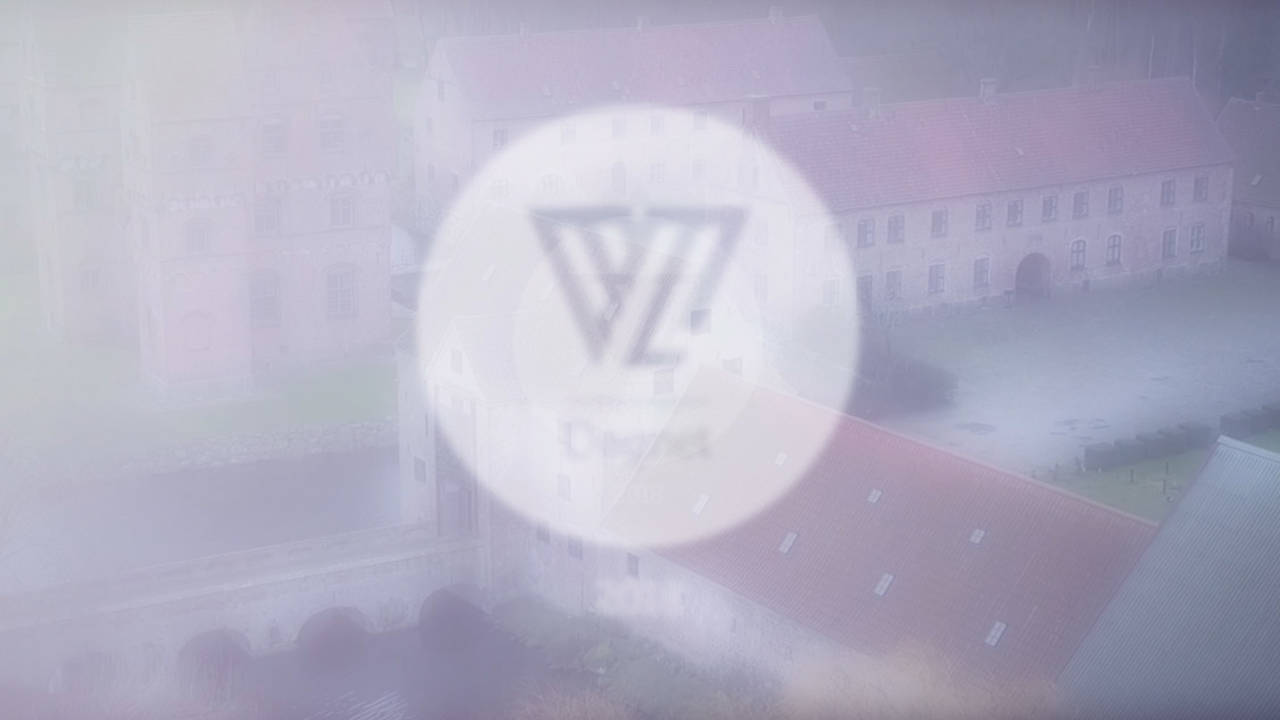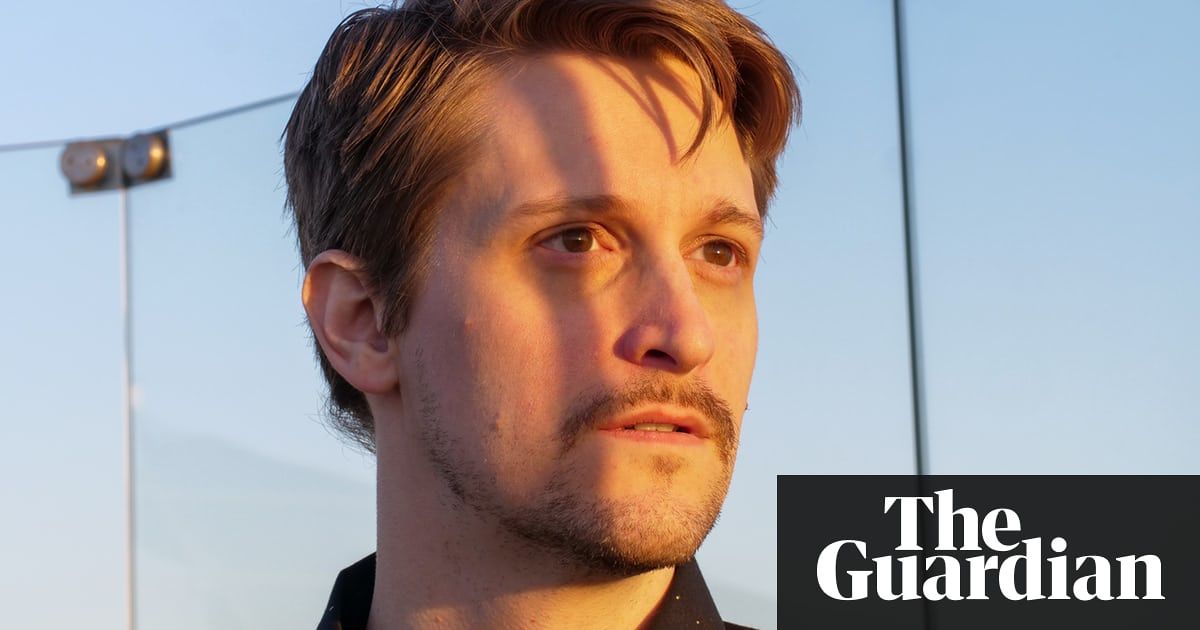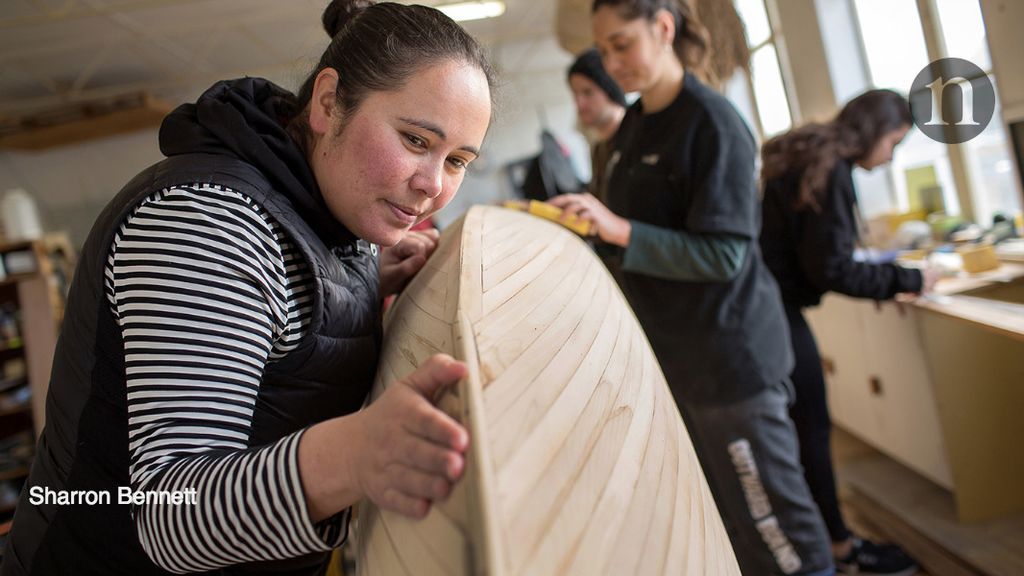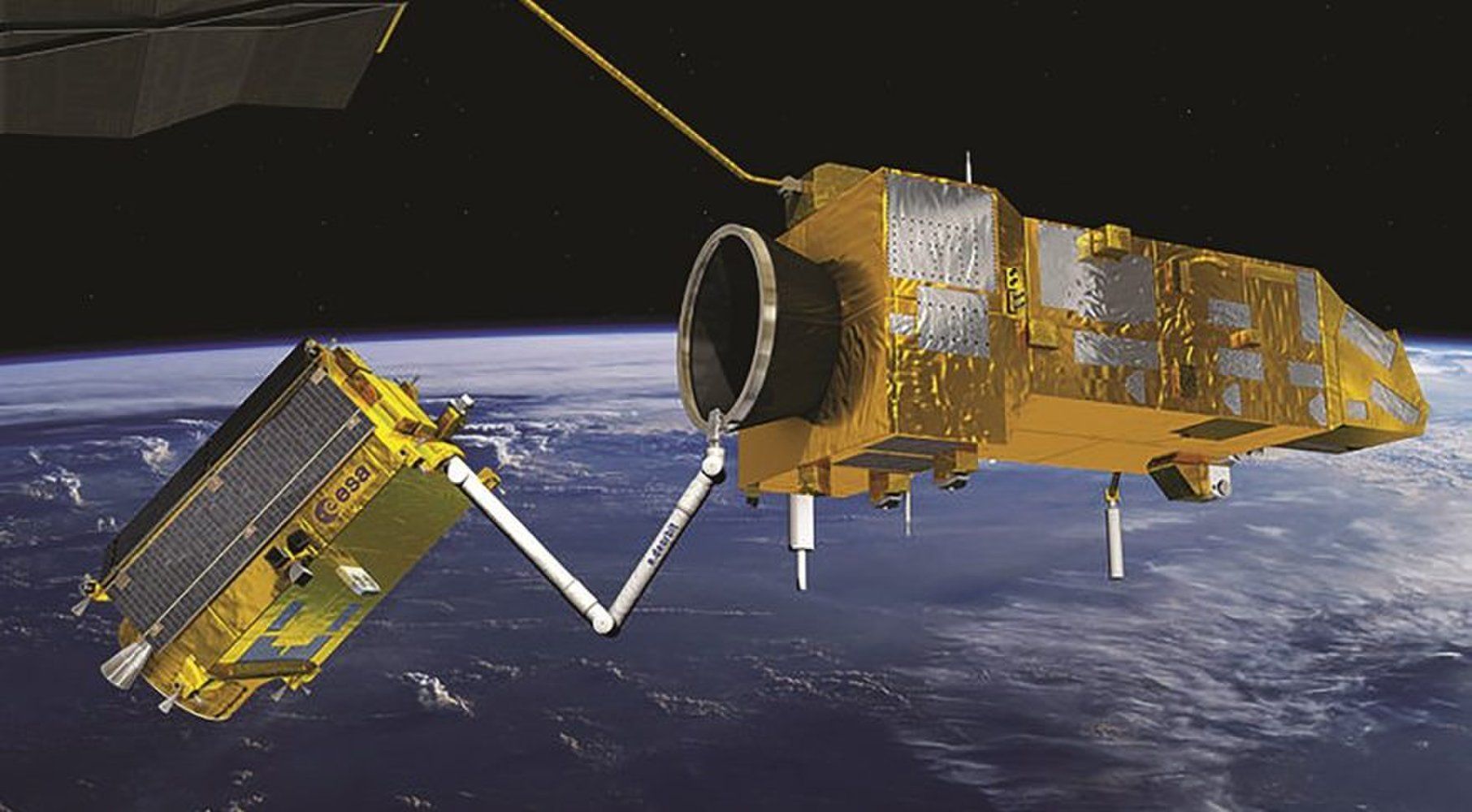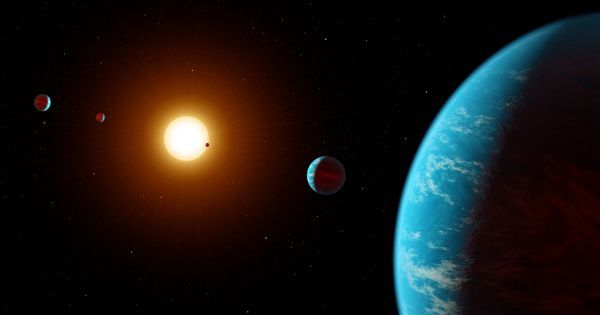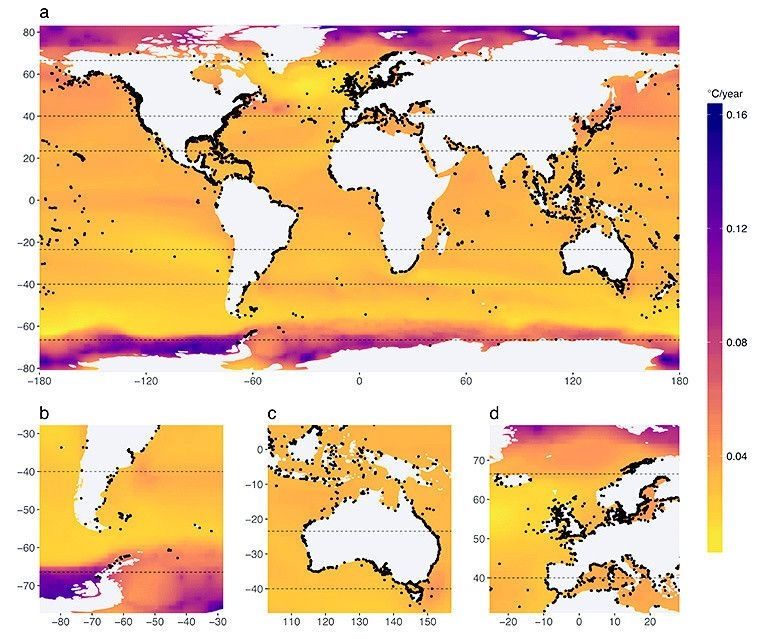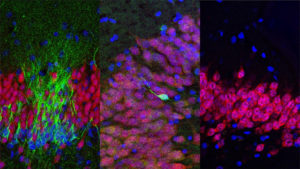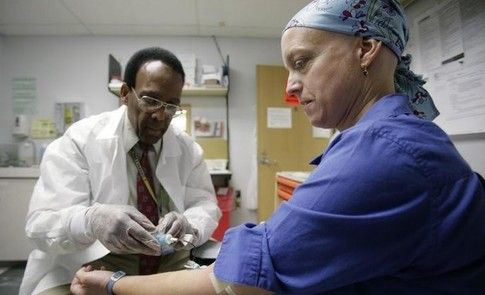Here’s my speech and panel participation from yesterday at the Annual Danish Top Executive Annual Summit via VL-dognet 2018: It was covered by Danish Jyskebank TV. My panel included a minister, an ambassador, a country company head, a television host, and Sophia the Robot. I had a great time at the wonderful event (hosted at a castle), and the Danish people are very nice. The Vice President of the EU spoke a few sessions before me. My solo speech that started my afternoon session was on the future of politics and transhumanism. It’s the first 10 minutes of the video:
Page 10121
Jun 8, 2018
Edward Snowden: ‘The people are still powerless, but now they’re aware’
Posted by Derick Lee in categories: encryption, privacy, security
Developers at major technology companies, outraged by the Snowden disclosures, started pushing back. Some, such as those at WhatsApp, which was bought by Facebook a year after the story broke, implemented their own encryption. Others, such as Yahoo’s Alex Stamos, quit rather than support further eavesdropping. (Stamos is now the head of security at Facebook.)
Five years after historic NSA leaks, whistleblower tells the Guardian he has no regrets.
Mon 4 Jun 2018 13.00 EDT Last modified on Tue 5 Jun 2018 04.46 EDT.
Continue reading “Edward Snowden: ‘The people are still powerless, but now they’re aware’” »
Jun 8, 2018
These labs are remarkably diverse — here’s why they’re winning at science
Posted by Genevieve Klien in category: science
Being inclusive gives research groups a competitive edge. It also happens to be the right thing to do.
Jun 7, 2018
The Trump Self-Defense Doctrine for the New Space Era
Posted by Klaus Baldauf in categories: security, space
A new space era is dawning and will be upon us by the early 2020s. In the face of emerging novel threats and vulnerabilities, whether the self-defense doctrine allows us to counter the threat before the attack occurs can make the difference between peace and war.
President Trump unveiled the America First National Space Strategy on March 23 covering both commercial and civil space, and national security space. This important document has drawn few comments, which are typified by the observation of Spacepolicyonline.com founder and editor Marcia Smith that “the Trump strategy contains little that is new.”
Indeed, most of the national security provisions, which are the focus of this article, are only different in rhetoric but not in substance from those of the Obama administration and it’s predecessors. However, that they are the same is fine because they are equally essential for the new space era.
Jun 7, 2018
News: Evidence of past life on Mars…
Posted by Jeffrey L. Lee in categories: alien life, futurism

NASA’s Curiosity rover has found new evidence preserved in rocks on Mars that suggests the planet could have supported ancient life, as well as new evidence in the Martian atmosphere that relates to the search for current life on the Red Planet. While not necessarily evidence of life itself, these findings are a good sign for future missions exploring the planet’s surface and subsurface.
The new findings — “tough” organic molecules in 3-billion-year-old sedimentary rocks near the surface, as well as seasonal variations in the levels of methane in the atmosphere — appear in the June 8 edition of the journal Science.
Jun 7, 2018
Now Anyone Can Hunt For Exoplanets
Posted by Michael Lance in categories: alien life, robotics/AI
To find new exoplanets, just turn to Google.
Last year, an artificial intelligence (AI) network, equipped with data from the Kepler space telescope, discovered two new exoplanets. Now, citizen scientists looking to support discovery at home can use the exoplanet-hunting neural network — Google plans to make it open source, a Google engineer announced recently in a blog post.
Exoplanets are difficult to find and harder to directly observe – most of the time scientists only know these celestial bodies exist when they block some light from their closest star. To help scientists learn more about exoplanets, including those in the “Goldilocks Zone” (the “just right” zone in which planets are most likely to host life), NASA launched the Kepler spacecraft in 2009. Its mission: make observations that might lead to the discovery of exoplanets.
Jun 7, 2018
The decline of our oceans is accelerating, but it’s not too late to stop it
Posted by Nicholi Avery in categories: economics, energy, sustainability
We shouldn’t underestimate the powerful attraction of a ‘sustainable blue economy’, which – I firmly believe – will feed and support the lives of our children and those who come after them. Getting it right – whether through aquaculture, offshore energy, green shipping or ecotourism – is vital not just for SDG14, but for the future of the global commons, and for humankind itself. To do this we must move with purposeful steps. Here are five that could be taken immediately.
Curtail subsidies
Let us stop throwing good money after bad, and resolve to prohibit subsidies that support harmful and illegal fishing. A critical opportunity to eliminate them is looming at the 2019 ministerial meeting of the World Trade Organisation. It must not be missed.
Jun 7, 2018
NASA Found Evidence of Organic Matter on Mars. Here’s Why That’s a Big Deal
Posted by Nicholi Avery in category: space
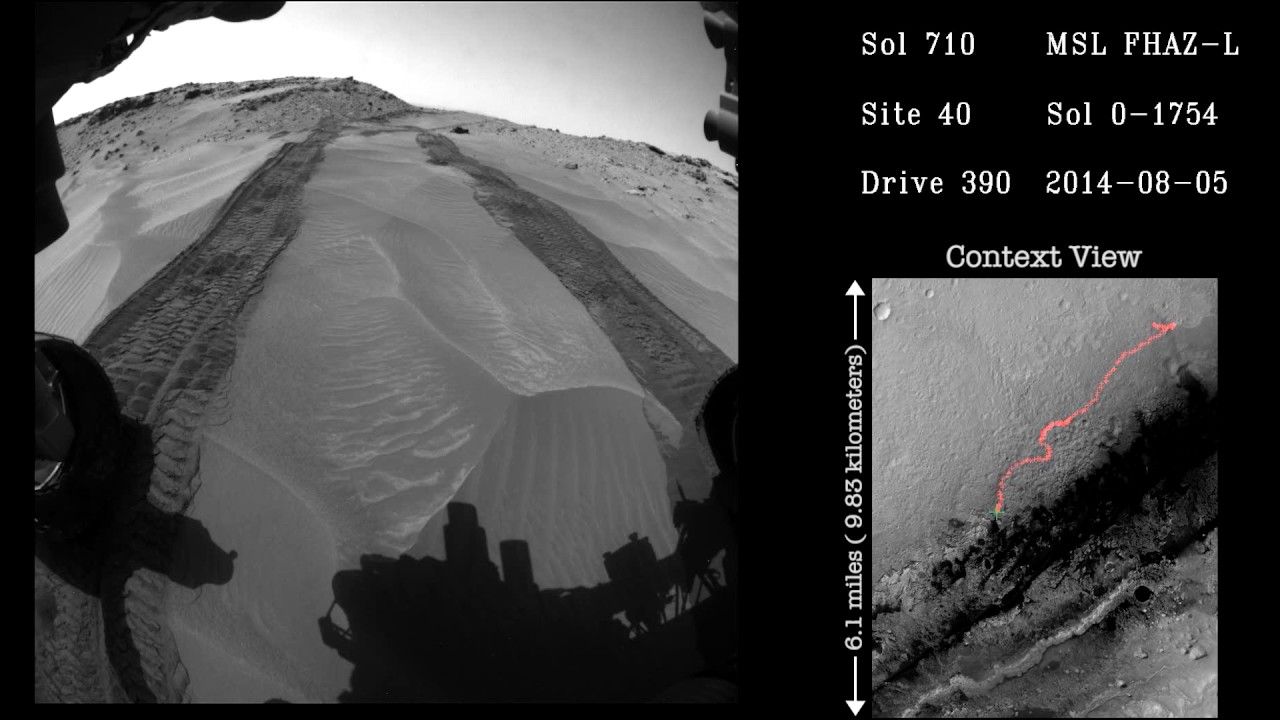
NASA shared the results of two new studies made possible by the Curiosity rover, and they could both help us determine whether Mars hosted life.
Jun 7, 2018
The Neurogenesis Debate
Posted by Nicholi Avery in categories: biological, futurism, neuroscience
The Neurogenesis Debate
Written by Nicholi Avery
On March 7 2018, a study was published in the highly esteemed journal Nature by an international team of scientists claiming that #neurogenesis starts to rapidly decline in the #human brain as early as 13 years old and becomes undetectable in adults. This rocked the scientific community as there has been a long-established theory that neurogenesis takes place throughout the course of life in the mammalian #brain. Until the 1990s, neurologists were practicing their profession under the doctrine established in the late 19th to early 20th century by the prominent histologist Ramon y Cajal, often referred to as a god of neuroscience;
Tags: anti-aging, Brain, Cells, Circuits, healthspan, Hippocampus, Mammalian, neural, Neurobiology, Neurogenesis, neuron, Plasticity, stem cells
Jun 7, 2018
A new breakthrough spares certain breast cancer patients from chemotherapy
Posted by Nicholi Avery in categories: biotech/medical, genetics
A new class of patients could soon be treated for breast cancer, no chemotherapy required. That’s because they don’t really benefit from it, according to a study published Sunday in the New England Journal of Medicine.
Those patients: those diagnosed with early-stage, invasive, hormone-receptor-positive breast cancer who scored in a specific range of a genetic test. They benefit just as much from chemotherapy, which many don’t tolerate well and can have long-term consequences, as they do from hormone treatments, which have many fewer side effects.
But before this study came out, many people in this group were prescribed chemotherapy because doctors had, based on the best information available, assumed it would help them. For those people, the side effects of chemotherapy could have been avoided, without making the treatment any less effective.
Continue reading “A new breakthrough spares certain breast cancer patients from chemotherapy” »
